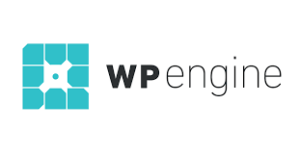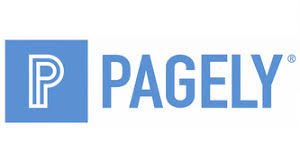SEO Guides, Tips & More!
Learn from Our Experience
Top 3 WordPress Hosting Companies
Out of all the decisions that went into designing your WordPress site, the one that has the most direct impact on user experience, site performance, and site security tends to be an afterthought: the website host. Although we write about ways to speed up page loading times on your site by cleaning up plug-ins and improving functionality, the method you choose for hosting your site will have more of an effect on your site than any other factor.
Many business owners and marketing teams are solicited to host their site with the creative agency which built the site. While this may seem like a good idea it’s one that can lead to some level of frustration. Many hosting companies have limited access to account-level details when a package is purchased through a reseller. In addition, there are some instance where purchasing through a reseller is actually more expensive than if a company were to conduct its own investigation and purchase the hosting package separately.
Obviously, every company needs to find a good hosting company which offers the needed services at a competitive price. The challenge is trying to figure out the difference between the various packages and which one makes the most sense for the business.

The Role of An Excellent Web Host
Fast websites are better websites. Pages with quick load times retain visitors, improve sales for e-commerce sites, and improve SEO. A Google study revealed that websites with load times of five seconds or less saw 70 percent longer sessions, 35 percent lower bounce rates, and 25 percent higher ad viewability than sites with average page load times of 19 seconds. As sites get bigger and more complex, the number of features can really drag down page loading times. The ability of your web host to manage how these different features are stored on the server and delivered to people visiting your site directly influences how quickly your site loads.
Test your website’s speed with Google’s Speed Scorecard tool.

WordPress sites are inherently secure, but a good web host will also help secure your site against hackers or human error. Other than maintaining offsite backups of the site, web hosts should also be responsible for detecting and removing malware and protecting sensitive data, among other more technical jobs. There are plug-ins and hard coding you can do on your own to protect your site, but it’s a lot for an internal marketing department to maintain without specialized help.
Sidebar: Here’s why Google prefers SSL certificates and why it’s a necessary part of your site’s SEO plan.
Evaluating a Hosting Company
Because web hosting gets very complicated, it can be hard to know what to look for in a company or which questions to ask. These guidelines should give you a better idea of what you’re looking for and how to evaluate potential web hosts. First, working with a host that is familiar with the WordPress platform is a given. Although any web host company can take decent care of your site, it’s much better to work with someone who is an expert in your site’s CMS, especially if you encounter problems down the road. This might mean switching hosts if you recently redesigned your site and are new to the WordPress platform, but it’ll be worth it.
According to Design Bombs, there are six non-negotiable features that a qualified web host will provide to you. They are:
- Speed
- Features
- Security
- Support
- Experience with WordPress
- Value Pricing
The speed of your website is like the first impression for users. If a page is slow to load, users will simply exit out of the page. Your web host should have an uptime rating of at least 99.5 percent. Note that while shared hosting is the most economical, it’s also prone to slowing down websites since you share space on the server – more on that later. The web host’s hardware will also impact site speed. Make sure it can optimize your site to load faster.
Be sure the web host you choose has enough storage and bandwidth to handle your site. A website with high traffic volume will need a host with high bandwidth, and these plans tend to be pricier – but it’s a necessity in these cases. Check out more factors that impact website speed here.
Security is another big factor. Make sure your web host has up-to-date practices in place, like limited access to servers, network monitoring, SSL and Firewall, DDoS mitigation, and malware detection and removal. Also note that in terms of your host’s operating system, Linux-based servers will be more secure, but Windows-based operating systems have several built-in security functions like limited access. More on web hosting security best practices here.
Customer support should be considered as well. It’s not important when your site is running normally, but if you encounter a problem or malicious attack, and you don’t have dedicated IT support in-house, simply submitting a help ticket and waiting might be among the worst scenarios. This is also why working with a web host familiar with WordPress will make a difference.
Types of Hosting
Another thing to think about is the potential future growth of your website. Maybe you have less than 50 pages now, but your firm’s growth, has plans to merge, or your strategic plan has identified new service lines. What is the plan for hosting your site as it becomes larger? Some web hosts are great for small sites but do not scale well. The result is a website that is vulnerable and not performing anywhere near its best. We already wrote about the differences in VPS hosting, shared hosting, and dedicated hosting, so we won’t get into the details here. To summarize for the purposes of this blog post:
Shared hosting is the cheapest option because there are a lot of providers. Your site will share space on the hosting company’s server with other websites, and available features can be limited. But the essentials are there and it’s a good option for smaller sites.
VPS stands for Virtual Private Server. You essentially pay for the resources and features you use, and you get a good amount of control over your site, and tech support is usually available around the clock. VPS hosting is a good option if you think your site will grow, as you pay only for the features, memory, and bandwidth you need at the time.
Dedicated hosting is top of the line. This offers total control of your site and server but is very expensive; best suited for the largest and most complex sites.
We love our IT teams, but sometimes they can suggest tech alternatives for websites that save money but compromise time or safety. Such is the case with managed versus unmanaged hosting. With unmanaged hosting, your site has space on a server, but everything else is up to you and your IT team. Great if your IT person is a WordPress expert and has the time to manage site administration; otherwise not so great. Managed hosting is when the host company takes care of everything for you: site security, staging areas, backups, you name it. Some hosting companies are a bit of both; they’re feature-rich, but still, leave some work for you.
Glossary
These are some frequent terms you’ll encounter when talking about web hosting and web security. Improve your communication with your web host and IT support by learning these definitions!
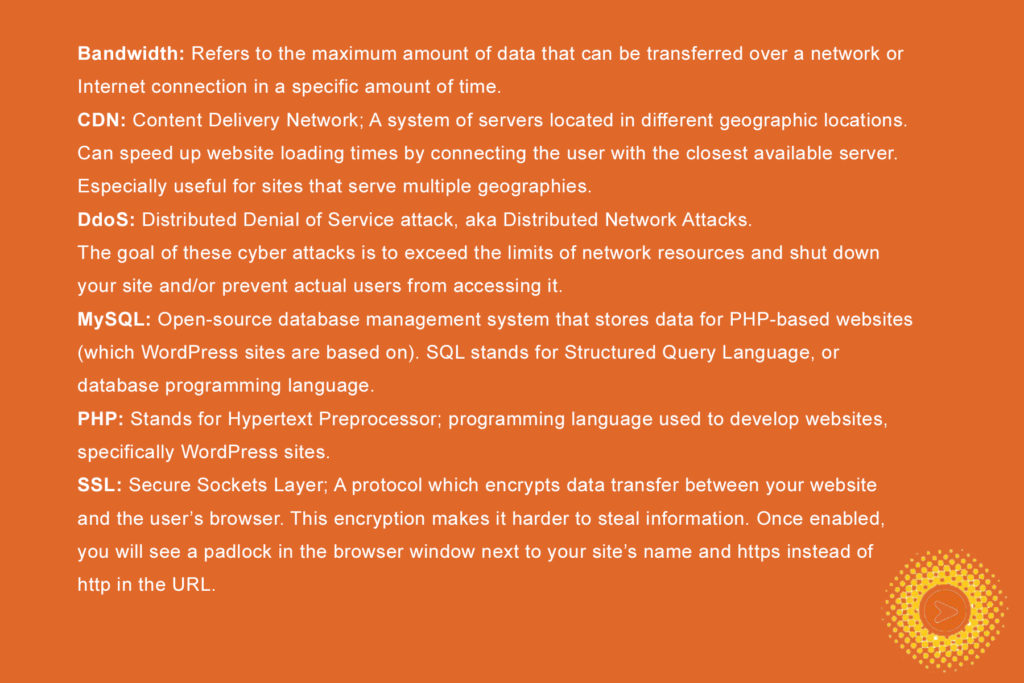
- Bandwidth: Refers to the maximum amount of data that can be transferred over a network or Internet connection in a specific amount of time.
- CDN (Content Delivery Network): A system of servers located in different geographic locations. Can speed up website loading times by connecting the user with the closest available server. Especially useful for sites that serve multiple geographies.
- DdoS: Meaning Distributed Denial of Service attack, aka Distributed Network Attacks. The goal of these cyber attacks is to exceed the limits of network resources and shut down your site and/or prevent actual users from accessing it.
- MySQL: Open-source database management system that stores data for PHP-based websites (which WordPress sites are based on). SQL stands for Structured Query Language, or database programming language.
- PHP: Stands for Hypertext Preprocessor; programming language used to develop websites, specifically WordPress sites.
- SSL: Stands for Secure Sockets Layer; A protocol which encrypts data transfer between your website and the user’s browser. This encryption makes it harder to steal information. Once enabled, you will see a padlock in the browser window next to your site’s name and https instead of http in the URL.
Questions to Ask
Now that you know basically what you’re looking for, these questions will help you compare features and make a decision that’s best for your site.
- Is an SSL certificate included? If so, what type of certificate (there are various types of SSL and it’s important to know which one you are getting)
- What about email and domain hosting?
- Is the hosting type shared or VPS? (Note that if you’re looking for a dedicated web host, you’ll probably be asking different questions anyway.)
- If shared, what security measures are in place to protect my site if another one is compromised?
- What guarantees, if any, can be offered for site uptime if a neighboring site experiences unusually high traffic volume?
- How often is the site backed up?
- Are updates automatic?
- If you don’t update your site frequently, a weekly or bi-weekly backup may be fine. But some hosts offer daily or real-time backups, so consider your needs.
- What other features are offered besides hosting, and have they been included in the fee or al a carte?
- How will my site be kept secure?
- How many other WordPress sites have you hosted?
Our Top Picks
As popular as WordPress is for website design, it’s no surprise there are also dozens of options to choose from when it comes to selecting a host for your site. For medium-size websites with less than (how many) pages, we don’t think you can go wrong with either of these hosting companies for a WordPress site. Every one of our top picks below has an option – in terms of budget and features – that will fit most websites.
WPEngine
WPEngine Pricing: Varies from $35/month to $249/month – 25,000 – 400,000 visitors per month. The amount of storage available varies by plan type but ranges from 10GB-30GB.
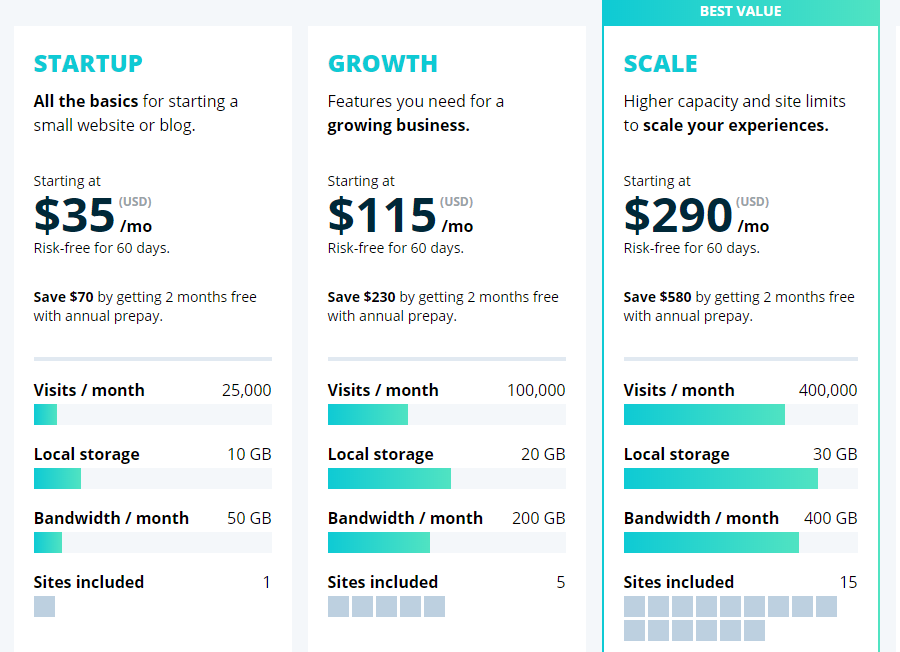
WPEngine Pros:
- VPS and dedicated hosting only for WordPress sites.
- A built-in caching system and staging site set up.
- Free site transfer assistance and 24/7 customer service.
- Guaranteed security. WP Engine will fix the site for free if it is compromised due to a security issue.

WPEngine Cons:
- There is no email hosting available and domain registration is not available.
- Many of the resources available are geared at agencies and developers, not marketers and business owners.
Pagely
Pricing: Varies from $199/month to $1249/month – 30GB – 50GB of stage
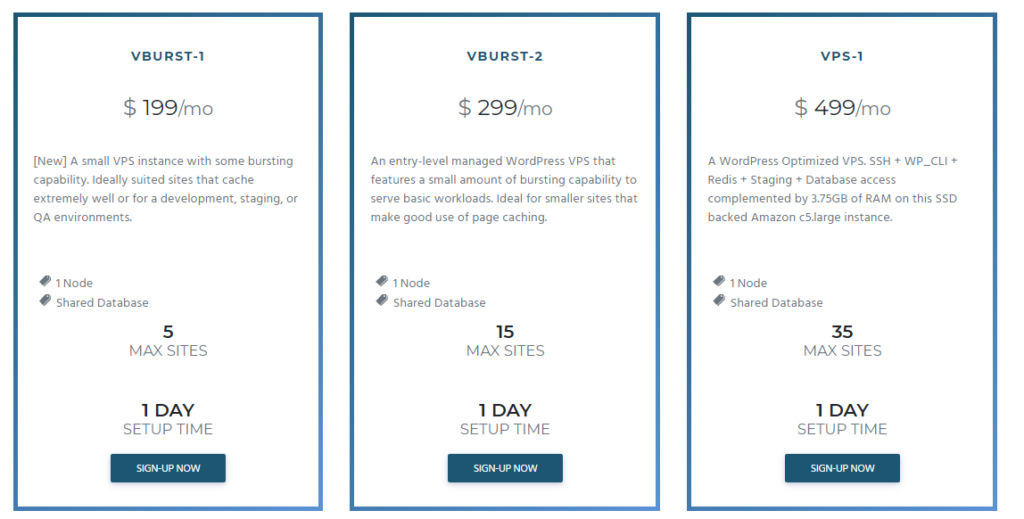
Pagely Pros:
- They offer VPS hosting, considered the original WordPress hosting company,
- An excellent choice for large and complex sites.
- Provide patented security and an integrated CDN.
- Robust support including quick response time to customer inquiries.
- Company ONLY hosts WordPress sites which is a pro (for WordPress site owners).
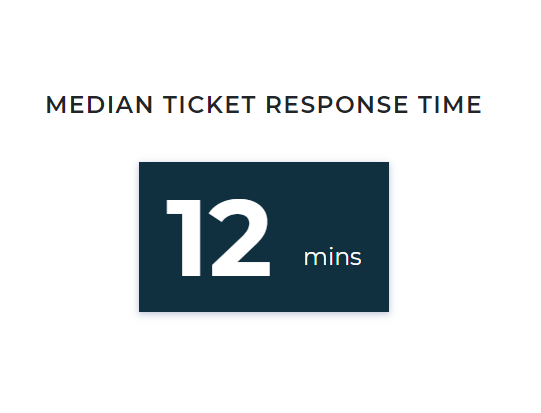
Pagely Cons:
- No email hosting available, domain registration,
- No support available for the lower-cost plans
- Plan options are much more expensive than peer companies.

SiteGround
Pricing: Varies from $11.95/month to $34.95/month – 30GB – 1TB of storage. There are also enterprise and dedicated hosting plans available. The photo below shows the cost of the WordPress hosting packages only. Note the difference in price is due to their special pricing display.
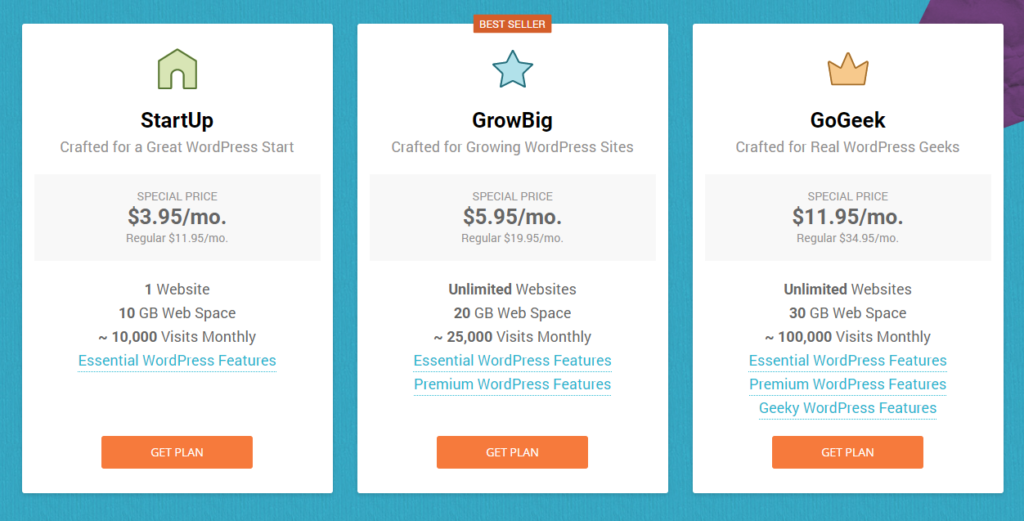
SiteGround Pros:
- They offer shared, VPS and dedicated hosting options, which is good for companies with multiple sites.
- Customer support has been given a high rating,
- Daily backs ups are automated
- Free CDN
- Extensive knowledge library for those looking for information to help manage their hosting account. It has a lot of useful information on WordPress security available as well.
SiteGround Cons:
- The initial cost of hosting packages are very competitive but once the trial period expires the cost increases sharply.
- The amount of space available, when compared to peer companies, is relatively low.
The bottom line is there is a lot of great WordPress hosting companies out there. After you compare price, the features are really just what matters to you more – so the ‘cons’ are, as they say, relative. It’s also important to remember that if you think the wrong choice was made with the hosting company, a switch can always be made.
There one last company to share in this post,
Knista

Pricing
Plans range in cost from $30/month – $200/month and more. Site owners can have access to 5GB – 20Gb and a wide monthly visitor spread.
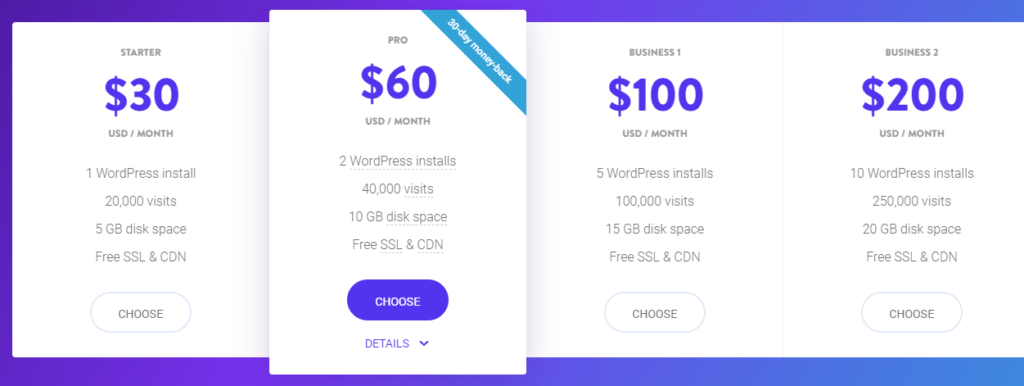
Knista Pros:
- Built for speed offering fast page load times.
- Customer support has been given a high rating,
- They offer daily, and event backups of a company’s site
- Optimize for e-Commerce sites
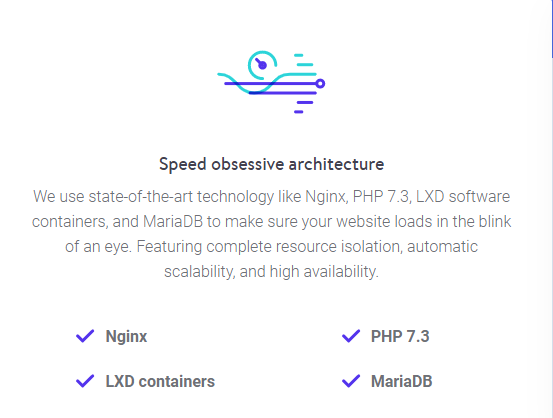
Knista Cons:
- There is no telephone support available
- Some plans are more costly when compared to peer companies.
Talk to Us!
What has been your experience with choosing a web host for your WordPress site? If you have feedback on one of the hosting companies we listed above or one that we didn’t, tell us in the comments.
(It’s worth mentioning we are not an affiliate or financially incentivized to promote any of these companies. Seems important to know!)

